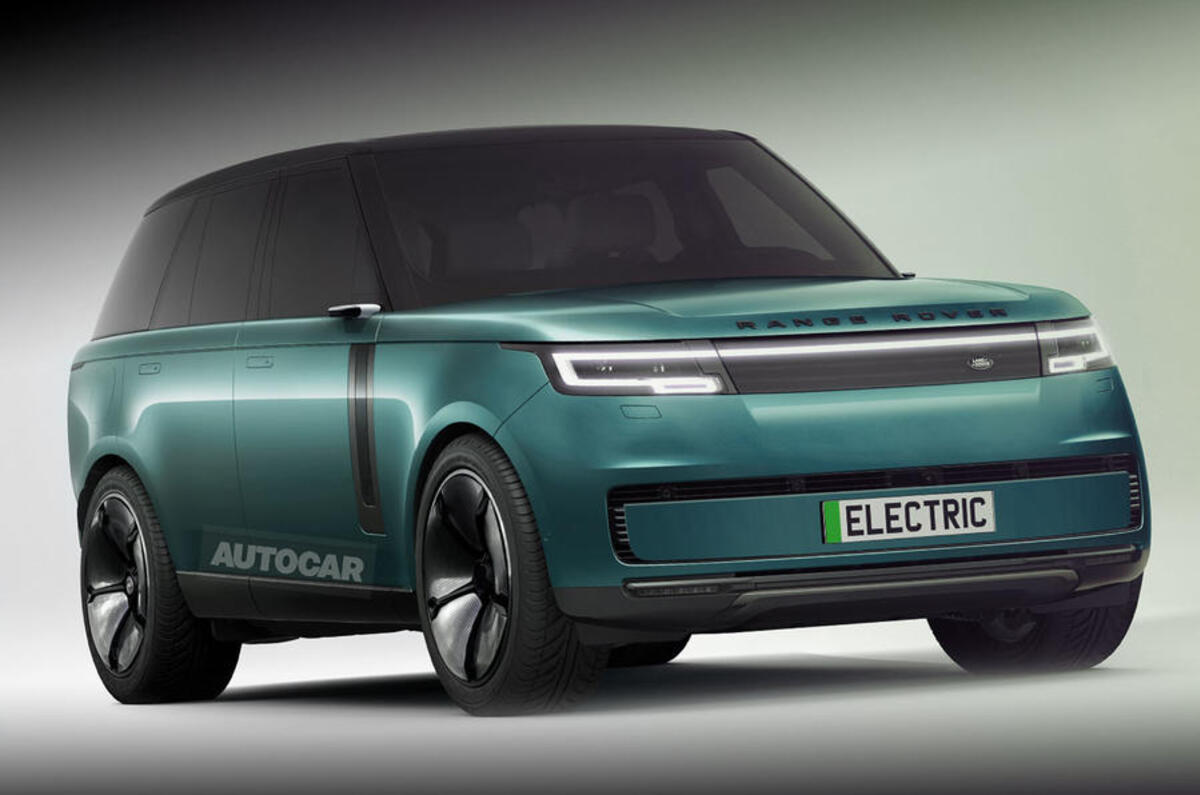Tata’s commitment to building a £4 billion gigafactory has the potential to be a shot in the arm for electric car manufacturing in this country – and not before time.
The Tata announcement of a new 40GWh battery factory that will be online by 2026 is just the beginning of a solution rather than the solution itself.




Add your comment